The Science Behind Hydration: How Much Water Do You Really Need?
Charu Sharma | Aug 03, 2025, 23:45 IST
( Image credit : Timeslife )
This piece digs into the science of water in our bodies. It shows why the idea of drinking "8 glasses a day" isn’t right for everyone and talks about how much water you need changes with your body size, what you do, the weather, and what you eat. It points out how to tell if you're not drinking enough, the dangers of drinking too much, and easy ways to keep the right amount of water in your body.
We all know the tip: "Drink 8 cups of water a day." But how did they pick that number? Is it the best rule to stay well, or just an easy tip that people have said over and over for years? The real story is, staying wet is not as easy as the same tip for everyone. Water is the key thing your body must have - it helps keep your heat right, moves good stuff around, gets rid of bad stuff, saves your knees, and keeps your mind clear. But, how much water you need can change. It depends on how old you are, how much you move, the weather, what you eat, and how well you are. In this piece, we will look at the facts about water, show you how much water you really need, and give you easy ways to make sure you get enough water every day.
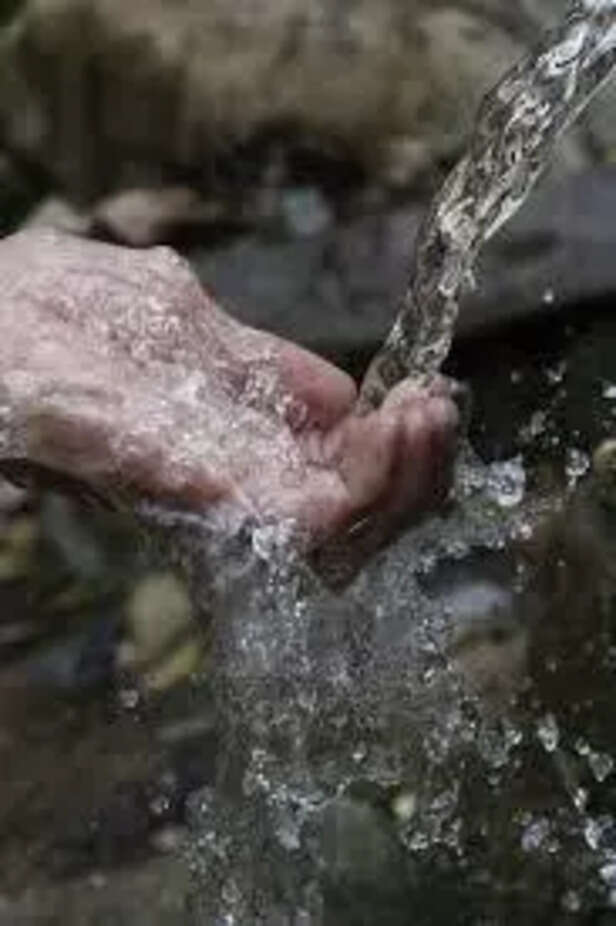
About 60% of us is water, and each cell needs it to work. But, our bodies don’t keep water — we lose it by breathing, sweating, peeing, and even when we digest food.
~ Body size: Bigger bodies need more water.
~ Activity level: More exercise means you sweat more, so you need more water.
~ Climate: Hot and wet places make you lose more water.
~ Diet: Eating lots of protein, fiber, or salty food means you need more water.
~ Health issues: Fever, diarrhea, or some drugs can make you dry out fast.
Don’t just count cups to drink, watch your body’s signs - feeling thirsty, the color of your pee, and how full of energy you feel are good ways to tell in real time.
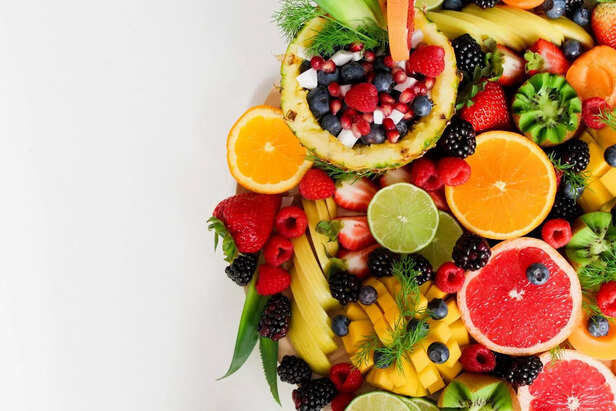
The well-known "8x8 rule" (eight 8-ounce glasses each day) is just a rough guess, not backed by hard science. It misses out on how it changes with activity, weather, or what you eat. Some experts say it comes from a 1945 Food and Nutrition Board tip that adults should drink around 2.5 liters of water each day - but they also said food could meet most of the water need, which many people just skip.
~ Foods full of water like fruits, veggies, soups, and yogurt can give 20–30% of the water you need each day.
~ Tea, coffee, and milk also help meet your fluid needs - they won’t dry you out if you don’t drink too much.
The “8 glasses” rule is a good base, but change it to fit your life. Someone running in the heat will need more water than another sitting in a cool room.
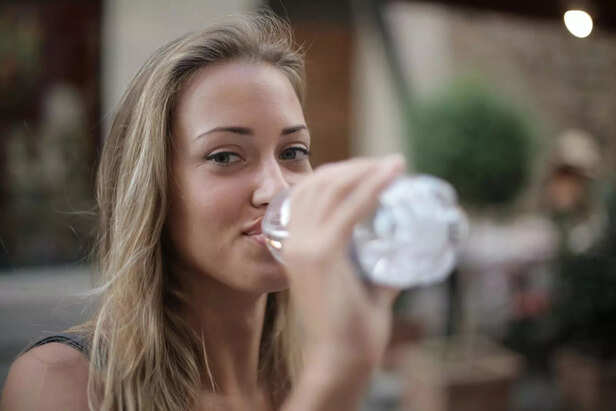
Not having enough water doesn’t just make you want to drink - it hits how much energy you have, how well you think, how your body breaks down food, and even how you feel.
~ Pee that looks dark yellow
~ Dry mouth and lips
~ Headaches
~ Tired or foggy head
~ Feeling dizzy or like spinning
Research says that just 1–2% less water can mess with how well your mind and body work. Not drinking enough for a long time can lead to more chance of kidney stones, UTIs or constipation.
Pee Color Test:
~ Light like straw or pale yellow: Good on water
~ Dark yellow: Need to drink more
~ Dark like amber or brown: May be very bad, get help
Look at your pee color at least two times a day using this pee color way : it’s a simple, no-tool method to figure out when to get more water.
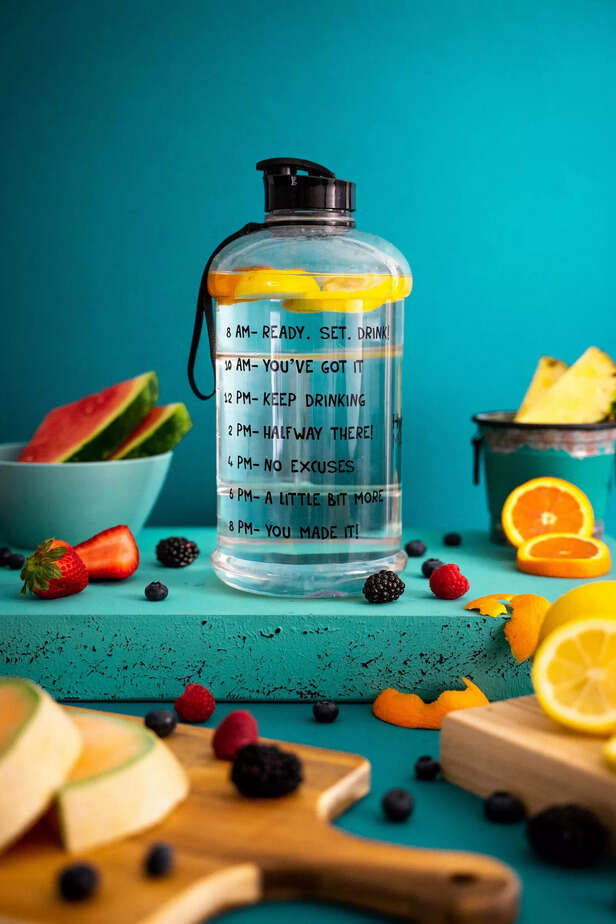
While not having enough water is often talked about, having too much water (also known as water poisoning) can be risky too. It can lead to hyponatremia - having too little sodium in your blood.
~ Drinking a lot of water very quickly.
~ Endurance runners replacing too much water they lost as sweat.
~ Some health issues can affect how the kidneys work.
~ Feeling sick and throwing up.
~ Feeling mixed up or lost.
~ Swelling in hands, feet, or face.
~ In bad cases: shaking fits, passing out.
Your kidneys can deal with about 0.8–1.0 liters of water each hour. If you drink more than this often, it can be too much for them
Keep things even - sip water all day instead of drinking a lot at once. Let how thirsty you are and how much you move be your guide.
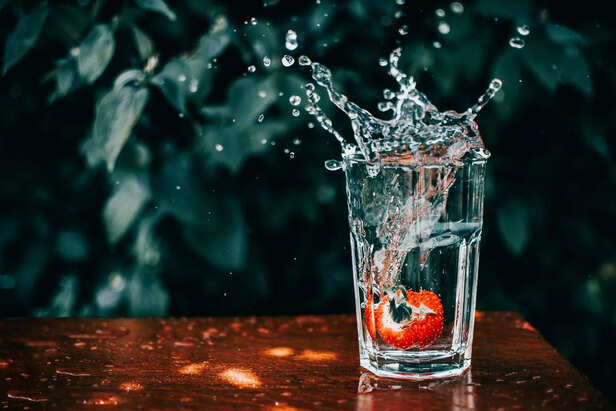
Drinking water works best when it's easy to do in your day-to-day life.
~ Kick off your day with water: Fill up after losing water all night.
~ Keep a bottle you can use again: Have water close all day.
~ Pick food with a lot of water: Like cucumbers, oranges, and berries.
~ Add taste: Mix in mint, lemon, or fruit to make water more fun.
~ Have reminders: Set alarms or use apps to track your water drinking.
~ Tie water to how much you move: Work out more = drink more.
Studies show linking drinking water with daily acts (like right after cleaning your teeth) makes it 40% more likely to stick. It's not about the numbers, but keeping water flowing in you all day long.
So in conclusion : Drinking water isn't the same for all. What you need changes each day based on what you do, where you are, and what you eat. Though the "8 glasses" idea is a good start, the best plan is to listen to your body. By knowing how your body uses water, looking for signs of not enough water, staying away from too much or too little, and making simple water drinking habits, you can help your energy, focus, and overall health get better. So, when you next go for a drink of water, think about how it does much more than stop your thirst - it gives life to each cell in you.
FAQs (Frequently Asked Questions) :
1. Understanding Your Body’s Water Needs

Different water needs
( Image credit : Pexels )
About 60% of us is water, and each cell needs it to work. But, our bodies don’t keep water — we lose it by breathing, sweating, peeing, and even when we digest food.
Main Things That Decide How Much Water You Need:
~ Activity level: More exercise means you sweat more, so you need more water.
~ Climate: Hot and wet places make you lose more water.
~ Diet: Eating lots of protein, fiber, or salty food means you need more water.
~ Health issues: Fever, diarrhea, or some drugs can make you dry out fast.
Don’t just count cups to drink, watch your body’s signs - feeling thirsty, the color of your pee, and how full of energy you feel are good ways to tell in real time.
2. The Myth of “8 Glasses per Day”

Other sources of water
( Image credit : Pexels )
The well-known "8x8 rule" (eight 8-ounce glasses each day) is just a rough guess, not backed by hard science. It misses out on how it changes with activity, weather, or what you eat. Some experts say it comes from a 1945 Food and Nutrition Board tip that adults should drink around 2.5 liters of water each day - but they also said food could meet most of the water need, which many people just skip.
The Truth:
~ Tea, coffee, and milk also help meet your fluid needs - they won’t dry you out if you don’t drink too much.
The “8 glasses” rule is a good base, but change it to fit your life. Someone running in the heat will need more water than another sitting in a cool room.
3. Signs You’re Not Drinking Enough

Drink water regularly
( Image credit : Pexels )
Not having enough water doesn’t just make you want to drink - it hits how much energy you have, how well you think, how your body breaks down food, and even how you feel.
Common Signs of Dehydration:
~ Dry mouth and lips
~ Headaches
~ Tired or foggy head
~ Feeling dizzy or like spinning
Research says that just 1–2% less water can mess with how well your mind and body work. Not drinking enough for a long time can lead to more chance of kidney stones, UTIs or constipation.
Pee Color Test:
~ Light like straw or pale yellow: Good on water
~ Dark yellow: Need to drink more
~ Dark like amber or brown: May be very bad, get help
Look at your pee color at least two times a day using this pee color way : it’s a simple, no-tool method to figure out when to get more water.
4. How Overhydration Can Be Just as Harmful

Don't drink excess water
( Image credit : Pexels )
While not having enough water is often talked about, having too much water (also known as water poisoning) can be risky too. It can lead to hyponatremia - having too little sodium in your blood.
How it happens:
~ Endurance runners replacing too much water they lost as sweat.
~ Some health issues can affect how the kidneys work.
Signs of having too much water:
~ Feeling mixed up or lost.
~ Swelling in hands, feet, or face.
~ In bad cases: shaking fits, passing out.
Your kidneys can deal with about 0.8–1.0 liters of water each hour. If you drink more than this often, it can be too much for them
Keep things even - sip water all day instead of drinking a lot at once. Let how thirsty you are and how much you move be your guide.
5. Smart Strategies to Stay Hydrated Daily

Drink smartly
( Image credit : Pexels )
Drinking water works best when it's easy to do in your day-to-day life.
Ways to Try:
~ Keep a bottle you can use again: Have water close all day.
~ Pick food with a lot of water: Like cucumbers, oranges, and berries.
~ Add taste: Mix in mint, lemon, or fruit to make water more fun.
~ Have reminders: Set alarms or use apps to track your water drinking.
~ Tie water to how much you move: Work out more = drink more.
Studies show linking drinking water with daily acts (like right after cleaning your teeth) makes it 40% more likely to stick. It's not about the numbers, but keeping water flowing in you all day long.
So in conclusion : Drinking water isn't the same for all. What you need changes each day based on what you do, where you are, and what you eat. Though the "8 glasses" idea is a good start, the best plan is to listen to your body. By knowing how your body uses water, looking for signs of not enough water, staying away from too much or too little, and making simple water drinking habits, you can help your energy, focus, and overall health get better. So, when you next go for a drink of water, think about how it does much more than stop your thirst - it gives life to each cell in you.
FAQs (Frequently Asked Questions) :
- Do tea and coffee count toward hydration?
Yes, in moderation, they contribute to your daily fluid intake. - Can I get enough water from food?
Water-rich foods like fruits and vegetables can provide 20–30% of needs. - How much water should I drink daily?
It depends on your body, activity, diet, and climate - not just “8 glasses.”
